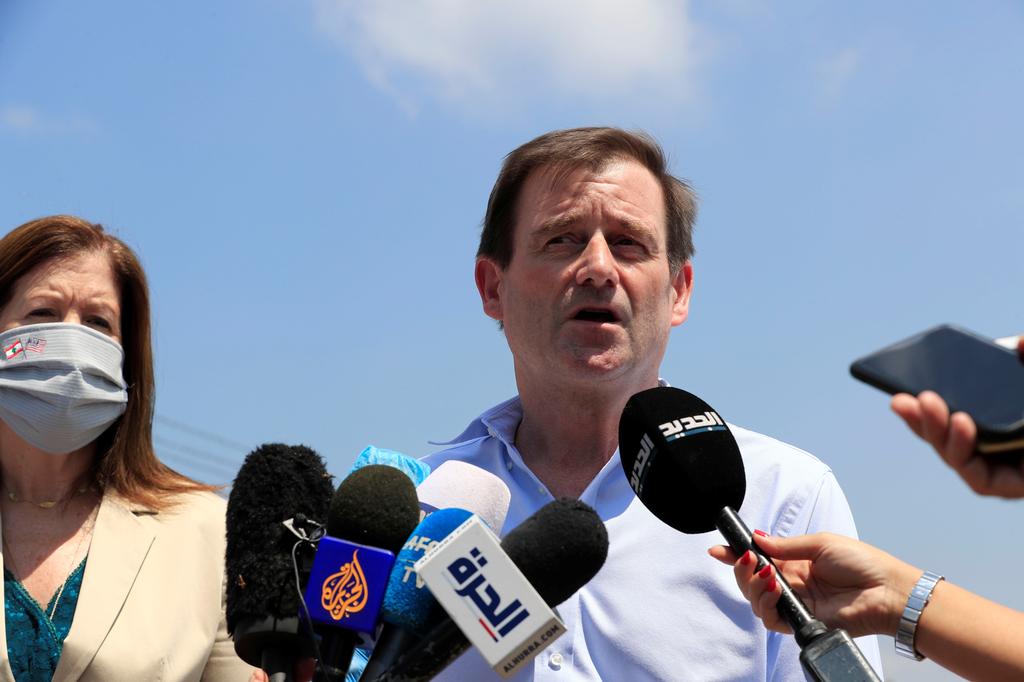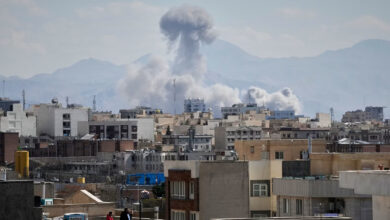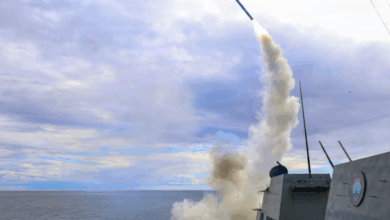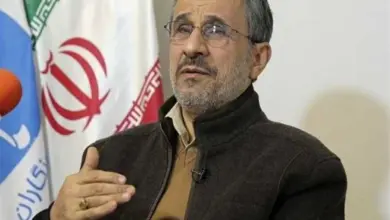
BEIRUT (Reuters) – A senior US official called on Saturday for a “thorough, transparent and credible” investigation into this month’s Beirut port blast that killed 172 people and injured 6,000.
“We can never go back to an era in which anything goes at the port or the borders of Lebanon that had to contribute to this situation,” David Hale, US Under-Secretary of State for Political Affairs, said.
The Aug. 4 blast, which the authorities say was caused by more than 2,000 tonnes of ammonium nitrate that had been unsafely stored at the port since 2013, damaged swathes of the city and left 300,000 homeless. Some 30 people remain missing.
“Every sovereign state controls its ports and its borders thoroughly and I imagine all Lebanese would like to return to that era,” Hale said after visiting the port.
He added that FBI agents would be arriving this weekend to help find out what exactly happened and “what led to the circumstances of this explosion”.
Lebanon’s most senior Christian cleric said the patience of the Lebanese people and the international community had run out with ruling politicians following the explosion and a crippling economic crisis.
In his strongest intervention yet since the blast, Maronite Patriarch Bechara Boutros Al-Rai also said the church reserved the right to veto any proposals that further jeopardise Lebanon. His comments in a sermon were reported by Lebanese broadcaster LBC.
The Maronite church exercises political sway in a country where the head of state must be a Maronite, the prime minister a Sunni Muslim and the parliament speaker a Shi’ite Muslim.
In a visit to Beirut on Friday, Iranian Foreign Minister Mohammad Javad Zarif said international efforts should help Lebanon rather than “impose anything on it”.
Iran backs the heavily armed Shia group Hezbollah, Lebanon’s most powerful group, which is listed as a terrorist organization by the United States.
Reporting by Michael Georgy; Writing by Tom Perry; Editing by Frances Kerry
Image: US Under Secretary of State for Political Affairs David Hale speaks to the media after visiting the site of a massive explosion at Beirut’s port, Lebanon, August 15, 2020. REUTERS/Thaier Al-Sudani




